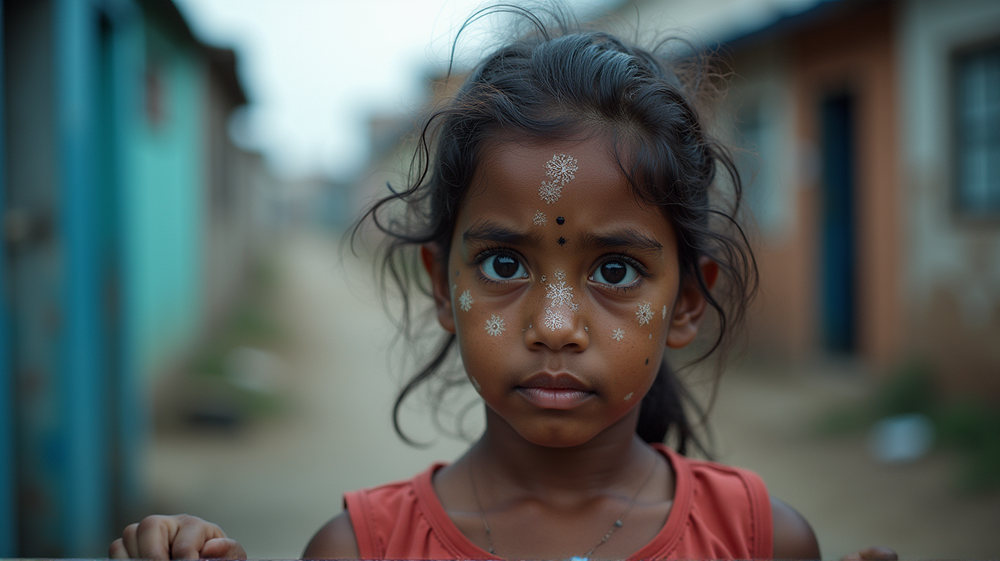A Global Stand for Health Equity
On this World Refugee Day 2025, the World Health Organization (WHO) is drawing worldwide attention to an urgent and critical issue: the health and well-being of over 123 million forcibly displaced persons around the globe. WHO champions the message that health is a fundamental human right, pivotal for dignity, protection, and inclusion.
Recognizing the Complex Landscape
There’s a layer of complexity with 70% of these refugees residing in low- and middle-income countries, often met with legal and financial hurdles that restrict their access to basic health care. It’s a sobering reality where over 47 million of these are children who experience continuous disruptions in receiving health, education, and protection. Amid this backdrop, WHO shines a spotlight on the value that refugees bring as active contributors to societies, often enriching both host and home nations as scientists, health professionals, and community leaders.
Addressing Barriers to Health Access
Despite strides made in integrating refugee health into comprehensive national strategies, substantial challenges remain. According to World Health Organization (WHO), WHO has acknowledged the barriers such as negative rhetoric and shrinking humanitarian budgets that exacerbate existing trials in accessing health services, including essential support for Mental Health, Maternal Health, and primary care.
Fostering Commitment: A Shared Responsibility
WHO is rallying governments, partners, and communities to bolster their commitment through:
- Universal access to healthcare without discrimination.
- Investments in equitable and cross-border solutions.
- Sustained funding for data-driven and responsive healthcare systems.
- Enhancements in culturally-sensitive care through improved healthcare workforce capacity.
Achievements and Milestones in Refugee Health
The collaborative efforts under the WHO Health and Migration agenda have driven transformative change. Landmark achievements include the development of national and regional research agenda and operational advancements in countries like Bulgaria and Uganda, as well as globally oriented frameworks like the Dashboard on Global Experiences in Promoting Refugee and Migrant Health.
Building Resilient Health Systems Globally
Across regions, WHO has initiated extensive collaborations to upgrade refugee and host community health systems. In 2024 alone, training extended to over 15,000 health workers across 160 countries, emphasizing the critical health needs of refugees. Moreover, notable interventions in Chad, Uganda, and Bangladesh exemplify WHO’s proactive role in epidemic preparedness and adaptive health service delivery amidst resource constraints.
In the words of WHO’s ongoing initiative, refugee inclusion into national health systems is an unstoppable force, marked by significant strides in regions including Colombia and Romania.
A Unified Movement for Health Inclusion
The global advocacy culminates in the joint efforts of WHO and UNHCR, with the Group of Friends of Health for Refugees promoting knowledge exchange among diverse stakeholders. This year, marked by 243 pledges towards mental health and the inclusion of refugees in national healthcare systems, signals a promising and commendable commitment from nations including Kenya and Yemen.
This World Refugee Day, WHO invites us all to rally around the call for robust, inclusive health systems that ensure no marginalized voice is left unheard. Health for all is indeed a universal necessity, and with unified efforts, the vision of equitable healthcare becomes an achievable reality.












